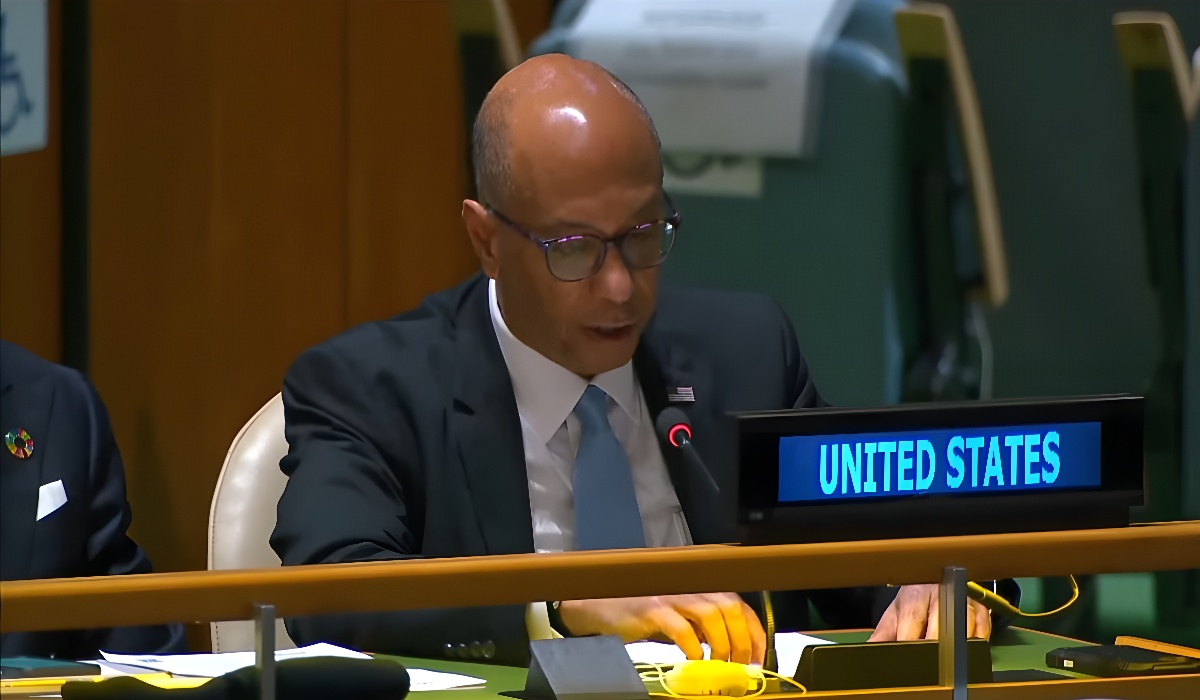Dark Days Ahead: Israeli Coalition Votes To Weaken Supreme Court Powers
- Naomi Dela Cruz
- Breaking News
- Middle East
- July 24, 2023

On a Monday, the Israeli coalition government made a significant move by voting to weaken the powers of the Supreme Court. The proposed bill, discussed since March, sparked widespread controversy and triggered mass protests involving millions of Israelis and Arabs who came together to voice their opposition. The reforms, suggested by Israeli Justice Minister Yariv Levin, aimed to establish a review committee with the authority to reform Supreme Court nominations and allow parliament to overturn Supreme Court rulings.
Earlier in the year, millions of Israelis and Arabs joined forces to protest against the proposed reforms that sought to shut down parts of cities and restrict the freedom of movement within the country. These demonstrations highlighted the contentious nature of the bill, as protesters believed it would undermine the judiciary’s independence and allow the government to exert more control over the court’s decisions.
The proposed bill came when Benjamin Netanyahu’s government faced significant criticism for its hardline policies. Netanyahu, known for his far-right approach, has been viewed as a leader more interested in consolidating power than fostering peace in the region. His tenure as Prime Minister had seen numerous national elections and a series of actions, such as the continued rebuilding and tearing down of Palestinian settlements and neighbourhoods in the West Bank, which further fueled regional tensions.
Israel’s coalition governments have historically faced challenges in maintaining stability due to the presence of multiple parties with differing agendas. Frequent national elections have become more common in the past few years, unprecedented in Israeli political history. With Netanyahu’s health concerns and recent news of him being fitted for a pacemaker, the longevity of the current coalition government has come under question. Political uncertainty further adds to the controversy surrounding the proposed bill.
By significantly reducing the powers of the Supreme Court and enabling parliamentary interference in court nominations and rulings, the Israeli government risks undermining the rule of law and judicial independence. Such a move can lead to prolonged protests nationwide and further divisions between various communities. Limiting the court’s authority could also be seen as a way for the government to consolidate power and bypass checks and balances on executive decisions, potentially raising concerns about the state of democracy in Israel.
If the bill is enacted despite widespread opposition, it could escalate protests and civil unrest, impacting key government services and causing further disruptions in the country. The coalition government’s popularity and stability may diminish, leading to its eventual collapse.
Given the already fragile nature of coalition governments in Israel, this move may have far-reaching consequences and potentially lead to further instability and political turmoil. As events unfold, it remains to be seen how this decision will shape the future of Israeli politics and governance.








